Accessibility First
The Accessibility First Speaker Series aims to foster a sustained, campus-wide dialogue on disability justice, accessibility, wellness, and equity in higher education. Building on Queen’s commitment to inclusive excellence, this series will bring together faculty, staff, students, and administrators to reflect on the pedagogical, practical, and cultural dimensions of accessibility. By amplifying the experiences and expertise of leading scholars, educators, and community members, we aim to cultivate more equitable learning environments where all members of our community feel a sense of belonging. The series will showcase leading voices in disability studies, inclusive teaching, and community-based accessibility initiatives.
(Please let us know if you will require an ASL interpreter in the registration form.)
Upcoming Winter Speakers


 Student/Activist/Educator: Perspectives on Accessibility at Queen’s
Student/Activist/Educator: Perspectives on Accessibility at Queen’s
Logan Dillon (Faculty of Law), Ren Challacombe (Faculty of Education), Haley Clark (Faculty of Education)
Monday, January 26; 1:30 - 2:30 pm
Online
Join us for a thought-provoking Graduate Student Panel on “Accessibility First”, where student leaders, educators, and activists come together to share what accessibility means to them in higher education. Panelists will discuss their personal experiences navigating academia, offer critical feedback on existing systems, and share ideas for building a more inclusive and equitable student experience. Together, we’ll explore how an accessibility-first mindset can shape the future of learning for everyone.
Haley Clark (she/her) is a PhD candidate in the Faculty of Education at Queen’s University. Her research focuses on inclusive education, well-being, mentorship, and critical disability studies. Her research explores how systemic barriers, stigma, and educational structures impact the well-being and self-determination of students with ADHD. Haley’s background in the sociology of education, mentorship, and disability studies spurs her active involvement in inclusive education as a Special Education Advisory Board member for Autism Ontario and Add*ed Research Group Projects Manager. She has held instructional roles at Queen’s University, teaching courses in inclusive pedagogy, school law, and professional identity, and brings extensive experience as a research assistant on projects related to autism, mental health, mentorship, and teacher well-being. Haley's work spans community-based initiatives, qualitative and mixed methods research, and multi-institutional collaborations. She has presented at numerous regional and international conferences on ableism, language use, and disability identity. She is a published author in the area of mentorship and disability education. Haley holds an MA in Sociology from the University of Guelph and a BA (Hons) in Criminal Justice and Public Policy.
Ren Challacombe is a PhD candidate in the Faculty of Education at Queen's University, where they research how 2SLGBTQ+, disabled, and neurodivergent music educators apply critical pedagogies. Aside from their studies, Ren facilitates Spectrum Voices, a 2SLGBTQ+ and allied music organization. Through collaborative inquiry, Ren’s PhD research looks at 2SLGBTQ+ and disabled/neurodivergent music educators to explore how they practice critical pedagogies in their teaching environments. In a self-study, the consonances and dissonances between queer and crip pedagogy will be examined through Challacombe's own practice as a queer and disabled choral director. The aim of the research is to build similar-identity music educator learning communities and highlight the unique skills of 2SLGBTQ+ and disabled/neurodivergent music educators and identify teaching strategies that honour teacher and student alike.
Logan Dillon recently completed his JD at Queen’s University Faculty of Law in Spring 2025 and is now completing his articles at McCarthy Tétrault LLP’s Toronto Office as part of his licensing process. While at Queen’s, Logan was a student caseworker at the Queen’s Elder Law Clinic providing pro bono legal services and acted as the Vice President of Finance for the Queen’s Indigenous Law Students’ Alliance. Logan worked as a research assistant for Dr. Lindsay Borrows in his final year, conducting research to help establish an Indigenous legal services project in the Kingston community. His experience with accessibility overlaps across his experience as a professional and academic, and is informed by lived experiences.
(Please let us know if you will require an ASL interpreter for this event in the registration form.)
Registration (for Queen's University members) Registration (for non-Queen's University members)
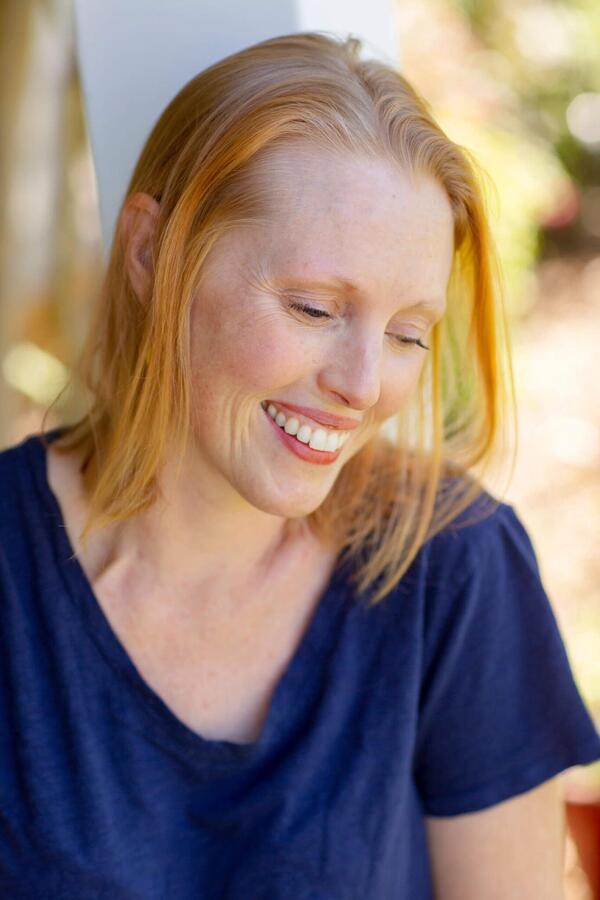 Dr. Ashley Shew
Dr. Ashley Shew
Wednesday, February 11; 10:30 - 11:30 am
Online
Ashley Shew is an associate professor of Science, Technology, and Society at Virginia Tech. Her current research sits at the intersection of technology studies, biotech ethics, and disability studies. She is recipient of an NSF CAREER Award for work on disability narrative about technology, and a principal investigator of an Andrew W. Mellon Foundation-funded Higher Learning project that supports the creation of a regional Disability Community Technology (DisCoTec) Center providing guidance for developing disabled-led technology and disability-forward technological futures through humanities-based scholarship and disability justice education, arts, and outreach. Shew is the author of Against Technoableism: Rethinking Who Needs Improvement (2023) and a forthcoming open textbook, co-edited with Hanna Herdegen, Technology and Disability. Both books focus on the stories disabled people tell about technologies that people do not always expect.
(Please let us know if you will require an ASL interpreter for this event in the registration form.)
Registration (for Queen's University members) Registration (for non-Queen's University members)
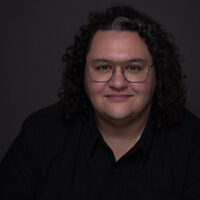 Dr. Fady Shanouda
Dr. Fady Shanouda
Wednesday, March 4; 10:30 - 11:30 am
Online
Fady Shanouda (he/him) is a Critical Disability Studies scholar whose research examines disabled and mad students’ experiences in higher education. His scholarly contributions lie at the theoretical and pedagogical intersections of Disability, Mad, and Fat Studies and include socio-historical examinations that surface the interconnections of colonialism, racism, ableism/sanism and fatphobia. He has published scholarly articles on disability/mad-related issues in higher education, Canadian disability history, the anti-fat bias in medicine, and community-based learning. Dr. Shanouda is committed to research that simultaneously impacts academic thought and individuals in the community. To achieve this goal, he created and hosts the podcast Disability Saves the World which invites activists, scholars, and artists to speak about how they envision crip/mad/fat thought, activism, and art can save the world. He conducts this research diversely-positioned as a disabled, fat, POC, immigrant and settler who is living, working and creating on the ancestral and traditional territories of the Mississaugas of the Credit, the Haudenosaunee, the Anishinaabe and the Huron-Wendat, and very soon, on the unceded territories of the Algonquin nation.
(Please let us know if you will require an ASL interpreter for this event in the registration form.)
Registration (for Queen's University members) Registration (for non-Queen's University members)
Past Series
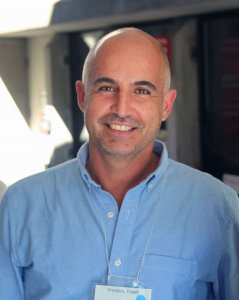 When UDL is No Longer Enough: Examining Post-UDL Reflections on Inclusive Design and Learning Accessibility
When UDL is No Longer Enough: Examining Post-UDL Reflections on Inclusive Design and Learning Accessibility
Dr. Frederic Fovet
Thursday, January 15; 1:00 - 2:00 pm
Online
While Universal Design for Learning (UDL) represents a significant improvement on the traditional accommodations approach in higher education, it can become alarming that literature and research are currently framing it as an ‘end goal’; there is – this session will argue – an urgent need to remain critical in our approach to its implementation. There are, in particular, three lenses that this session will propose as axes of reflection to encourage practitioners to consider accessibility and inclusive design as work in progress, rather than finite processes. First, it will be argued that UDL remains in essence a Western model which can be perceived as still hermetic to Indigenous and Global South voices; it must eventually become decolonized. Second, even in cases of fully fledged implementation, UDL runs the risk of remaining an instructor-centric design process and this session will question what might be ways to optimize the relevance of student voice and student agency. Third, it will be argued that there is a degree of contradiction and tension in the way UDL – which seeks to promote social justice goals of inclusion – is increasingly marketed, branded, and developed along neoliberal logics.
Frederic Fovet is an Assistant Professor in the Faculty of Education and Social Work at Thompson Rivers University. He has previously held faculty positions at the University of Prince Edward Island and Royal Roads University. He has also been Head of Accessibility Services at McGill University for a period of four years, for the duration of his PhD. He was responsible, in this role, for the campus wide roll out of Universal Design for Learning strategies Frederic acts as a UDL and Inclusion consultant, domestically and internationally, in the K-12 and post-secondary sectors. Frederic was the instigator of and the Program Chair for the three first Pan-Canadian Conferences on UDL which took place in Montreal, Charlottetown, and Victoria, in 2015, 2017, and 2019 respectively. He has been a member of the editorial board of the International Journal of Disability and Social Justice (IJDSJ) since 2020 and has been invited to join the Editorial Executive in 2023.
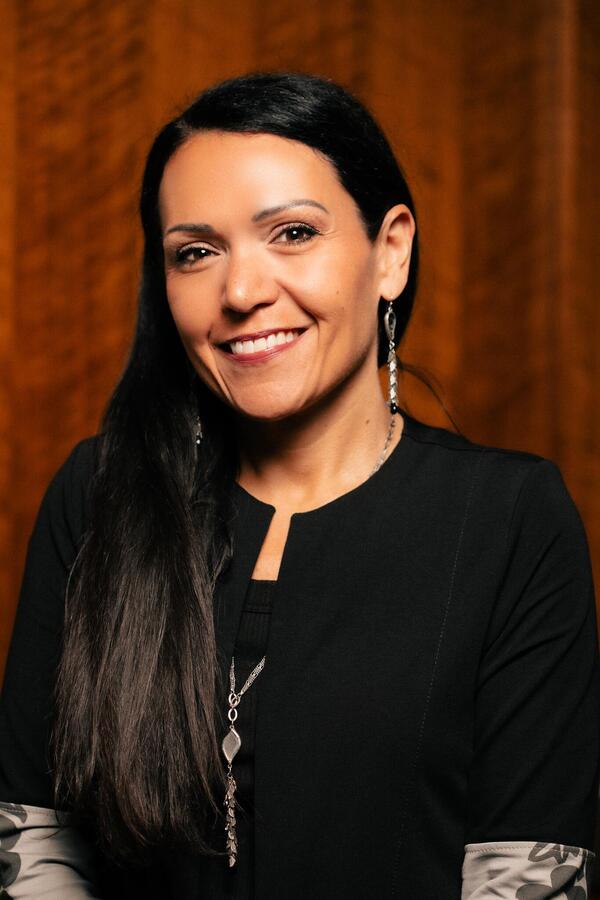 Disability Needs to be Decolonized: How Indigenous Knowledges Can Inform Inclusive Pedagogies of Practice
Disability Needs to be Decolonized: How Indigenous Knowledges Can Inform Inclusive Pedagogies of Practice
Dr. Rheanna Robinson
Co-facilitators: Misty Underwood and Roberta Bighetty, Office of Indigenous Initiatives
Tuesday, November 25, 2025; 1:00 - 2:00 pm
Online
As principles of Indigenization, decolonization, reconciliation, and EDI continue to inform the strategic directions and priorities of universities across Canada, it is imperative the perspectives and aspirations of individuals directly affected by university policy and practice are meaningfully represented. In this talk, Dr. Rheanna Robinson will draw on her experience as an Indigenous scholar that lives with chronic illness and disability to describe how her academic research within Indigenous Disability Studies represents a compelling example of how Indigenous knowledges offer the world meaningful representations of equity and inclusion in diverse and varying ways.
Rheanna Robinson is the Associate Professor at Department of First Nations Studies, Faculty of Indigenous Studies, Social Sciences and Humanities at University of Northern British Columbia. Dr. Robinson is an Indigenous (Métis) scholar and a member of the Manitoba Métis Federation. She has expertise in Indigenous Education and Indigenous Disability Studies and is guided by relationship and the Four R’s (Respect, Relevancy, Reciprocity, and Responsibility). She is also Co-Lead at Indigenous Research Stream, Canadian Institute of Inclusion and Citizenship, University of British Columbia.
Access Friction: What Can We Learn from Situations in Which Access Needs Differ and Conflict?
Dr. Sarah E. Silverman
Wednesday, October 22, 2025; 1:00 - 2:00 pm
Online
Even instructors who are very committed to inclusion and accessibility experience friction in their practice: For example, one student may be highly sensitive to the volume of amplified sound while another is hard of hearing. One instructor may communicate most effectively in writing while one of their students is dyslexic and prefers a face-to-face conversation. In this session, participants will explore the idea that inclusive teaching is not only about implementing specific inclusive strategies, but also about navigating complex learning situations in which there are multiple competing needs. Participants will begin by defining “access friction,” a term derived from the disability community that describes situations in which there are two or more competing access needs. Then, examples of access friction from participants’ own contexts will be shared and analyzed. Lastly, participants will use the concept of access friction to consider how to talk about inclusive and accessible teaching with students and colleagues. Instead of assuming that we can easily “include all students” with a few simple strategies, we expect and constructively engage with the friction that is part of our inclusive teaching journey. The workshop component will be followed by an open Q+A with the facilitator.
Sarah Silverman, PhD is a faculty developer and instructor of Disability Studies. As a neurodivergent educator, she has a personal and professional stake in conversations about accessibility in education, as well as extensive college teaching and faculty development experience. Her interests include accessible and feminist pedagogy, Universal Design for Learning (UDL) and disability-informed critiques of educational technology. Her writings appear in To Improve the Academy, the Journal of Interactive Technology and Pedagogy, the blog Feminist Pedagogy for Teaching Online, New Directions for Teaching and Learning, and on her newsletter Beyond the Scope. Her book An Introduction to Neurodiversity for Educators is forthcoming from the University of Oklahoma Press.
Check out Dr. Silverman's Intro to Neurodiversity for Educators Podcast.
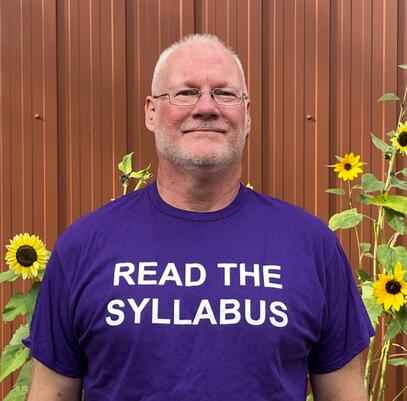 “Sorry, what was that?” Strategies for Overcoming Hearing Challenges for Students and Instructors in Our Classrooms
“Sorry, what was that?” Strategies for Overcoming Hearing Challenges for Students and Instructors in Our Classrooms
Robb MacKay
Tuesday, October 7, 2025; 3:30 - 4:30 pm
Come and learn the whys and hows of making our classrooms more effective communication environments. Experience hearing loss yourself and try out the tech and strategies that will reduce its effects.
Robb MacKay is a teacher of the deaf and hard of hearing in the Limestone District School Board and teaches musicology and acoustics in The Dan School of Drama and Music. His research areas include the history of popular music, the effects of gender in music education, social justice issues in education, and special education applications of musical instrument practice. Musically, Mr. MacKay is multi-instrumentalist, but primarily a drummer and percussionist.
This speaker series is inspired by scholar, educator, and activist bell hooks’ critical work on liberatory practices and pedagogy. In her book “Teaching to Transgress: Education as the Practice for Freedom,” bell hooks encourages us to think of the classroom as a space to transgress boundaries, a space that connects “the will to know with the will to become.” To her, engaged education was a practice for freedom, and the classroom, a space where liberatory practices can be imagined and rehearsed.
Inspired by her work and her legacy, the Teaching to Transgress Speaker Series seeks to feature radical thinkers, practitioners, and pedagogues, and to foster the exchange of critical and innovative pedagogies and teaching practices. With a focus on I-EDIAA (Indigenizing- Equity, Diversity, Inclusion, Anti-racism, Accessibility) the invited speakers will enrich existing programming at the Center for Teaching and Learning at Queen’s University and engage the teaching community in emerging, effective, and novel approaches to teaching and learning.
|
Curating difficult knowledges in the classroom: The experiences of racialized educatorsDate and Time: Wednesday, March 27, 2024; 12:30 – 2:30pm Dr. Thashika Pillay
Paul Akpomuje
Mohamed Yusuf
|
|
|
|
|
Academic Ableism: A Conversation with Jay DolmageDate and Time: Tuesday, October 3, 2023; 1:30 – 3:00pm
His first book Disability Rhetoric discusses the ways we talk about disability through popular culture such as movies and how disability shapes attitude, values, and social structures. In his second book Academic Ableism, he looks at the relation between higher education and disability. Higher education has been constructed as the opposite of disability and has formed itself to be a place where students work hard and not admit weakness. Academic Ableism pushes the reader to rethink higher education as a place that can accommodate anyone who walks into the classroom and where listening to disabled people and seeing their value makes higher education a radically better place for everyone. Access the Open Access version of Jay Dolmage’s book Academic Ableism: Disability and Higher Education (2017) |
Kitchen Table Conversations: Truth & Reconciliation with BIPOC EducatorsCollaborators: Nasrin Himada, Agnes Etherington Art Centre, Misty Underwood, Office of Indigenous Initiatives, and Yasmine Djerbal, Centre for Teaching and Learning Date and Time: Monday, September 25, 2023; 3:00 – 5:00pm Facilitators include Nasrin Himada (Associate Curator of Academic Outreach and Community Engagement, Agnes Etherington Art Centre), Misty Underwood (Program Coordinator, Queen’s Indigenous Pathways), Yasmine Djerbal (Associate Director, Centre for Teaching and Learning). Quote is from: “States of Being: The Poet & Scholar as a Black, African, & Diasporic Woman”, in Nuances of blackness in the Canadian academy: Teaching, learning, and researching while Black (2022) |
|
Liberatory Pedagogies and ImaginariesWith Dr. Juliane Okot Bitek, in Black Studies with joint appointment in English and Gender Studies; and Dr. Vanessa Thompson, Black Studies Monday, March 13, 2023; 11:30am - 12:45pm, Zoom
|
|
|
|
|
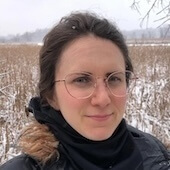
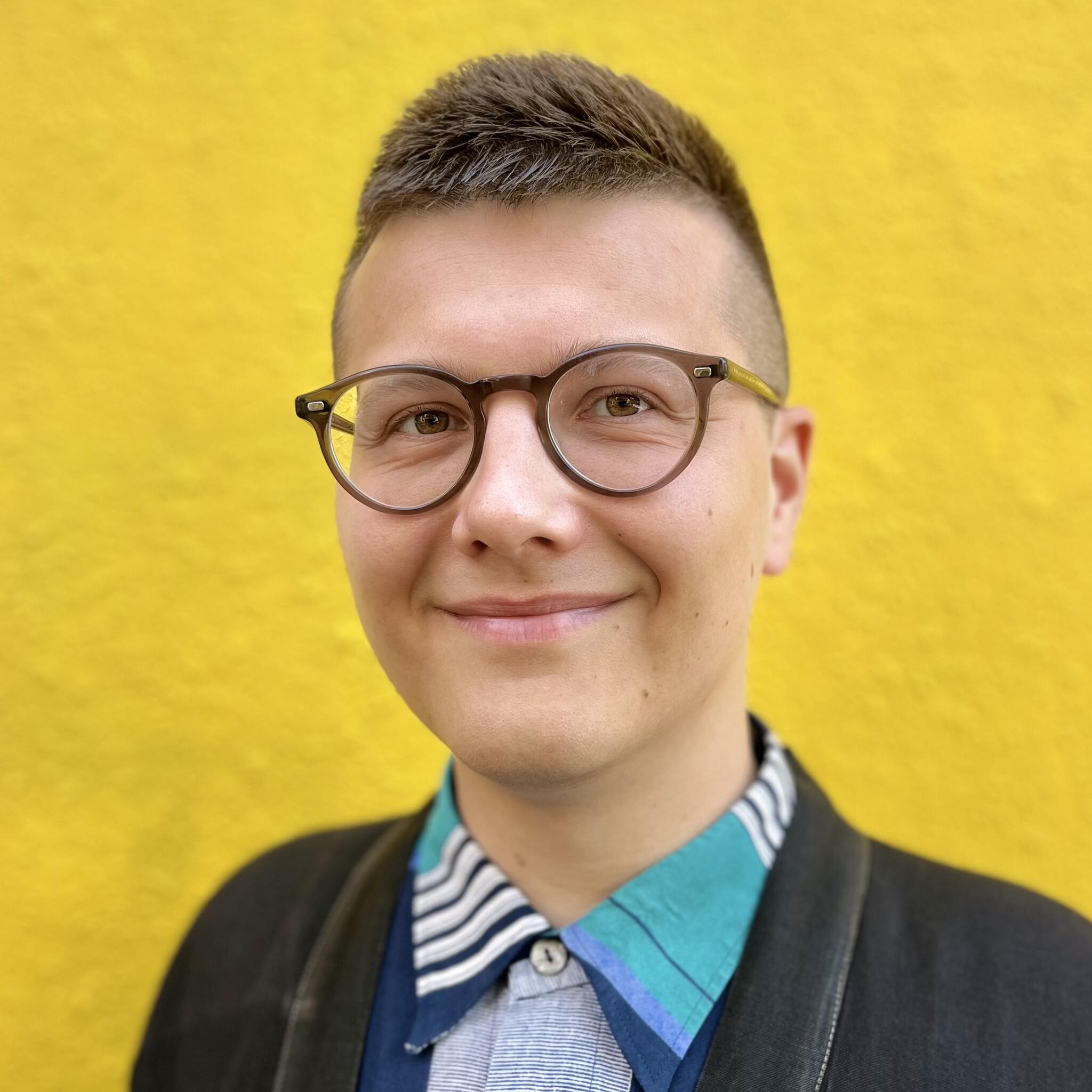 Can Fairness Truly Coexist with Academic Excellence? Unpacking the Myths of Assessment Accommodations in Higher Education
Can Fairness Truly Coexist with Academic Excellence? Unpacking the Myths of Assessment Accommodations in Higher Education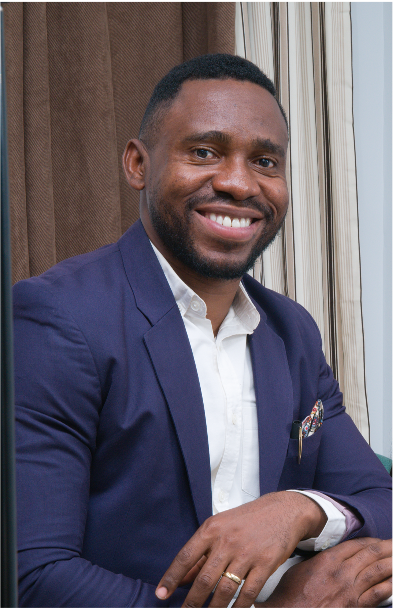 Paul Akpomuje is a PhD student in the Faculty of Education, Queen’s University. His research is on visa stories and the poetics of migration as he seeks to explore the migration experiences of African immigrant students in Canada. Prior to and since joining Queen’s University, Paul has maintained a vibrant and robust academic agenda which lie at the intersection of education and learning, migration, Black studies, and social justice. He engages these subjects through a combination of creative, critical, transformative, and transgressive lenses. Paul taught in the Department of Adult Education and Lifelong Learning, Obafemi Awolowo University, Nigeria before moving to Canada.
Paul Akpomuje is a PhD student in the Faculty of Education, Queen’s University. His research is on visa stories and the poetics of migration as he seeks to explore the migration experiences of African immigrant students in Canada. Prior to and since joining Queen’s University, Paul has maintained a vibrant and robust academic agenda which lie at the intersection of education and learning, migration, Black studies, and social justice. He engages these subjects through a combination of creative, critical, transformative, and transgressive lenses. Paul taught in the Department of Adult Education and Lifelong Learning, Obafemi Awolowo University, Nigeria before moving to Canada.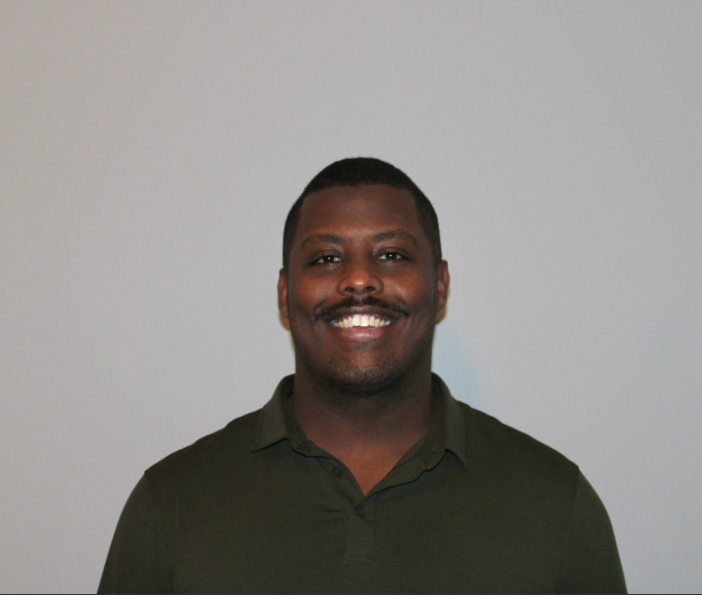 My name is Mohamed Yusuf, I am a current First Year Ph.D. student at the Queen’s Faculty of Education. I am First-Generation, Muslim, Somali scholar, born in Toronto, Canada, and raised in Peterborough, Ontario. I have a background in humanities, graduating with a Bachelor of Arts in Psychology from Trent University, and following up with three subsequent degrees in Education at Queen’s University. Staring with my Bachelor of Education in 2019, I graduated under the Primary/Junior teaching cohort, and was able to join two schoolboards (KPRDSB & LDSB) working as an Occasional Elementary Teacher since 2020. In 2021, I continued my graduate education journey, returning to the Queen’s Faculty of Education as a master’s student. During this time, alongside my undergraduate degrees, I took part in varsity athletics, as both an athlete with the varsity men’s rugby teams at Trent and Queen’s, and as a coach with the Queen’s Women’s varsity rugby teams. I recently was successful in defending my master’s thesis which was titled: “Investigating Supports and Barriers Affecting Black Students’ Enrolment and Experiences within Graduate Studies”. My future research interest will continue to look at access to education for Black students, along with the importance of mentorship in Black students’ self-esteem and retention.
My name is Mohamed Yusuf, I am a current First Year Ph.D. student at the Queen’s Faculty of Education. I am First-Generation, Muslim, Somali scholar, born in Toronto, Canada, and raised in Peterborough, Ontario. I have a background in humanities, graduating with a Bachelor of Arts in Psychology from Trent University, and following up with three subsequent degrees in Education at Queen’s University. Staring with my Bachelor of Education in 2019, I graduated under the Primary/Junior teaching cohort, and was able to join two schoolboards (KPRDSB & LDSB) working as an Occasional Elementary Teacher since 2020. In 2021, I continued my graduate education journey, returning to the Queen’s Faculty of Education as a master’s student. During this time, alongside my undergraduate degrees, I took part in varsity athletics, as both an athlete with the varsity men’s rugby teams at Trent and Queen’s, and as a coach with the Queen’s Women’s varsity rugby teams. I recently was successful in defending my master’s thesis which was titled: “Investigating Supports and Barriers Affecting Black Students’ Enrolment and Experiences within Graduate Studies”. My future research interest will continue to look at access to education for Black students, along with the importance of mentorship in Black students’ self-esteem and retention.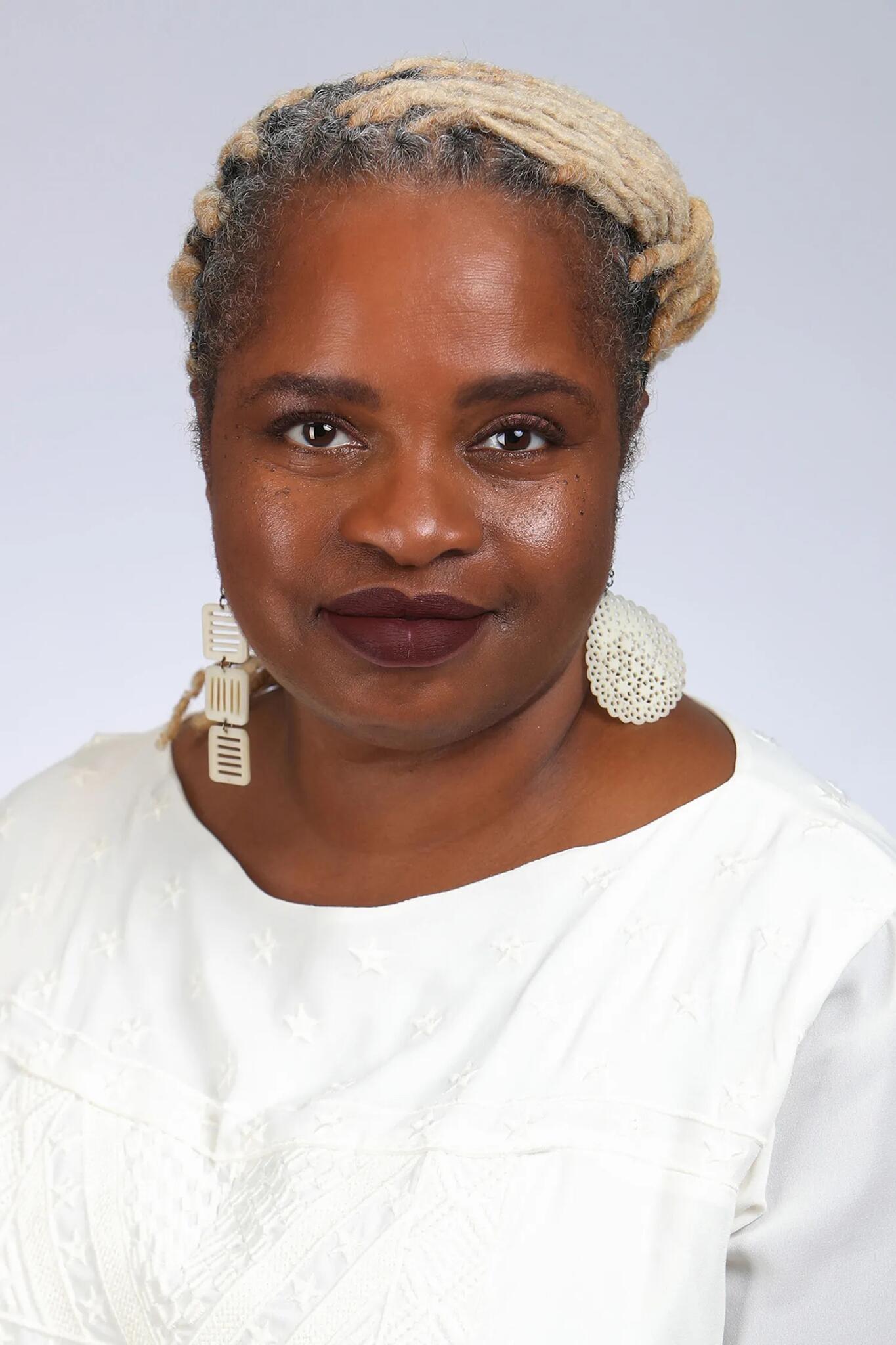 Blackness on the in(out)side: Disruptive Pedagogies and Medical Education: A Conversation with Dr. OmiSoore H. Dryden
Blackness on the in(out)side: Disruptive Pedagogies and Medical Education: A Conversation with Dr. OmiSoore H. Dryden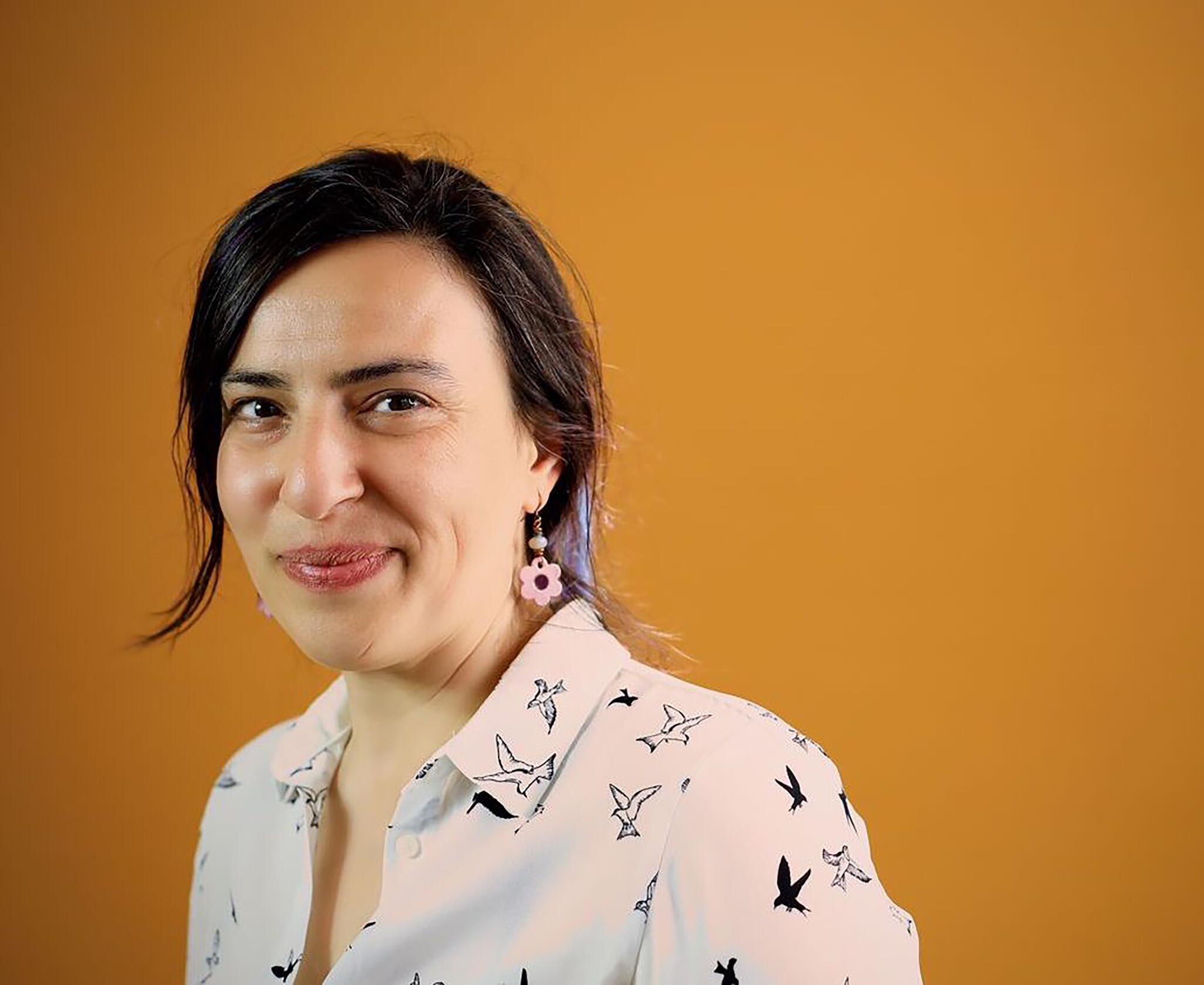 Trauma-Informed Pedagogies and Inclusive Teaching
Trauma-Informed Pedagogies and Inclusive Teaching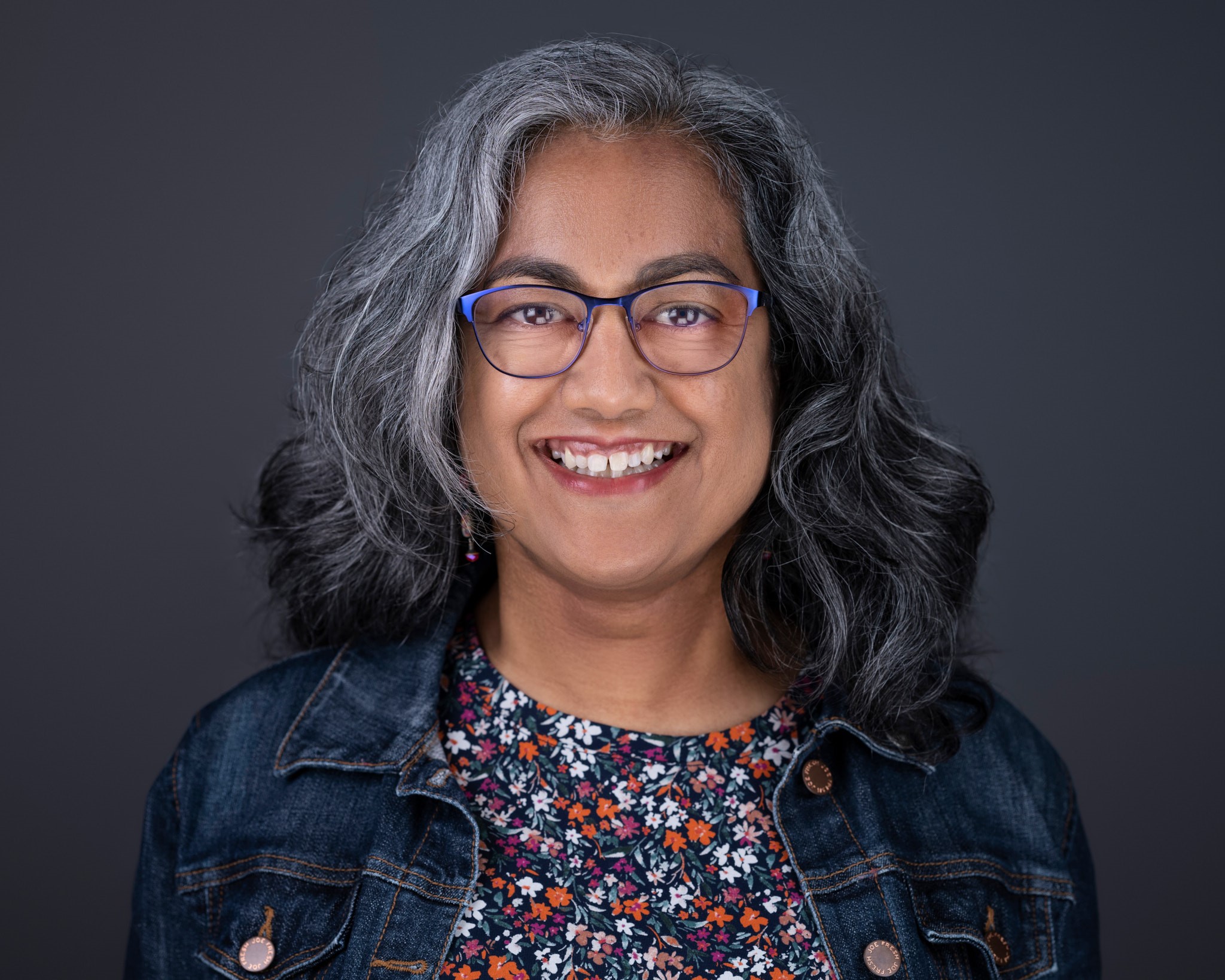 The Deliberate Doctorate: A Conversation with Leela Viswanathan
The Deliberate Doctorate: A Conversation with Leela Viswanathan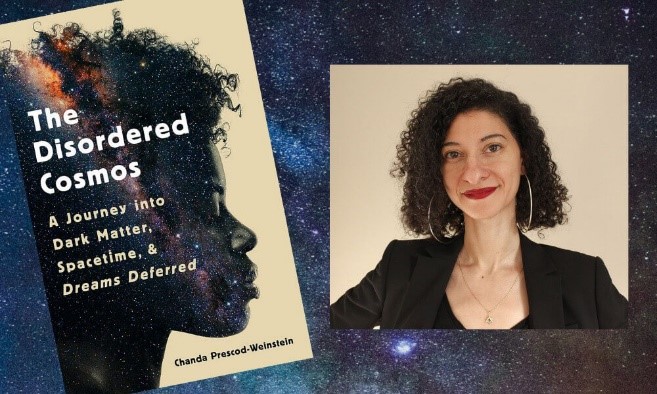 Homo Narrans Through the Looking Glass of Dark Matter
Homo Narrans Through the Looking Glass of Dark Matter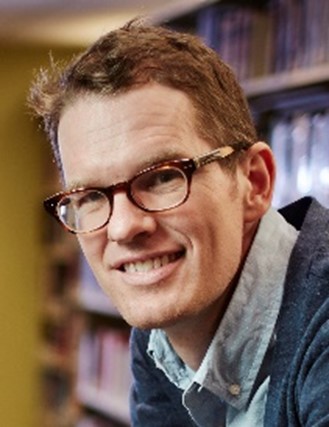 Jay Dolmage is the Chair of English at the University of Waterloo, and author of three books, Disability Rhetoric, Academic Ableism, and Disabled Upon Arrival. He is also the founding editor of the Canadian Journal of Disability Studies, which is an open-access journal. He is committed to disability rights in his teaching, working to bring together writing, rhetoric and critical pedagogy concerning disability.
Jay Dolmage is the Chair of English at the University of Waterloo, and author of three books, Disability Rhetoric, Academic Ableism, and Disabled Upon Arrival. He is also the founding editor of the Canadian Journal of Disability Studies, which is an open-access journal. He is committed to disability rights in his teaching, working to bring together writing, rhetoric and critical pedagogy concerning disability. 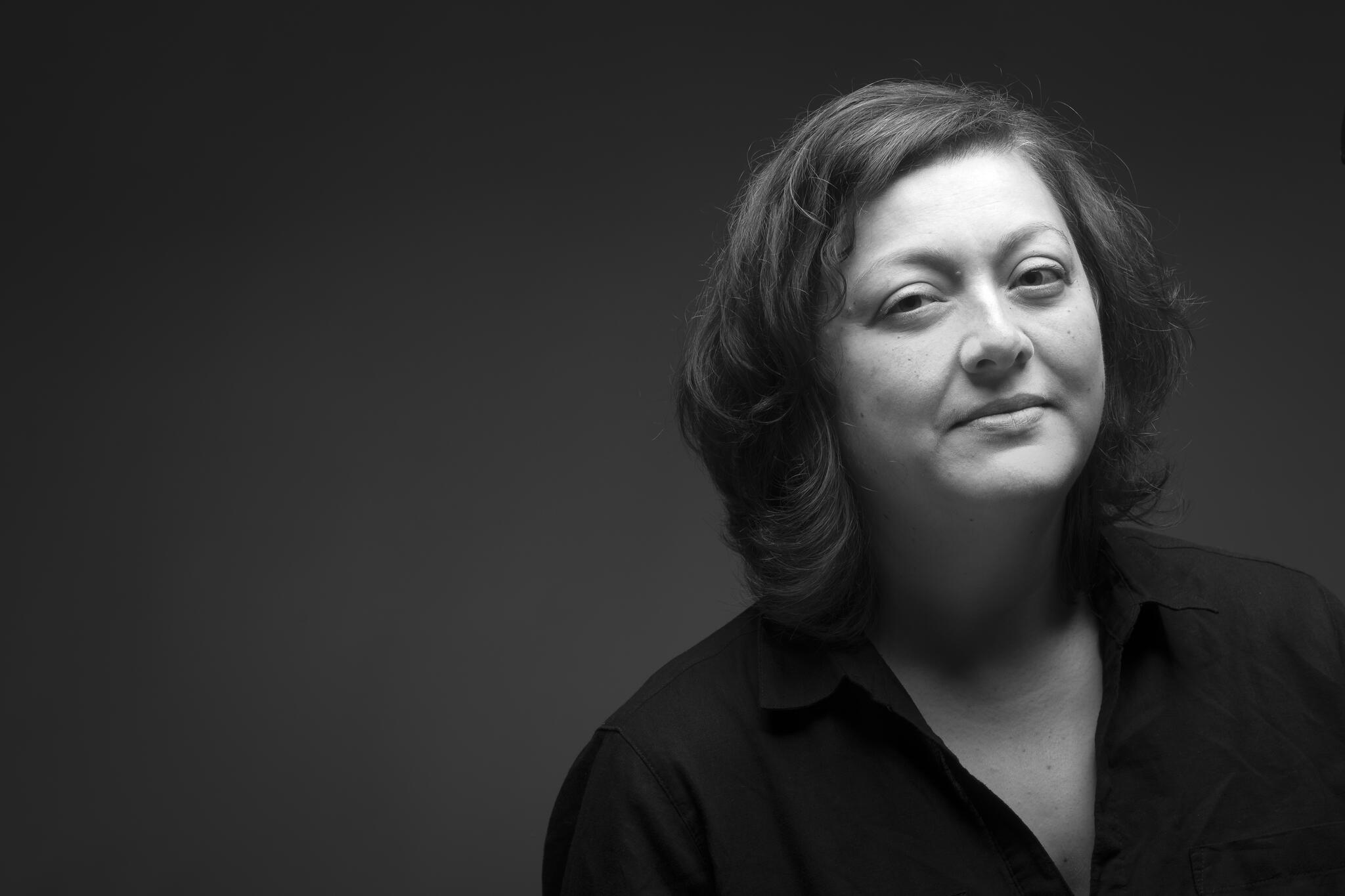 Microactions: Moves in Research, Teaching, and Service that can Shift Equity Creeds into Deeds
Microactions: Moves in Research, Teaching, and Service that can Shift Equity Creeds into Deeds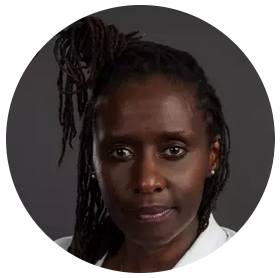 Dr. Juliane Okot Bitek
Dr. Juliane Okot Bitek 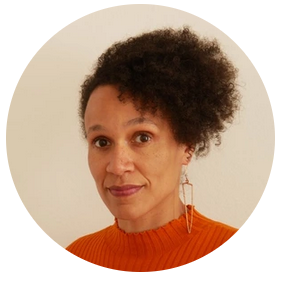 Dr. Vanessa Thompson
Dr. Vanessa Thompson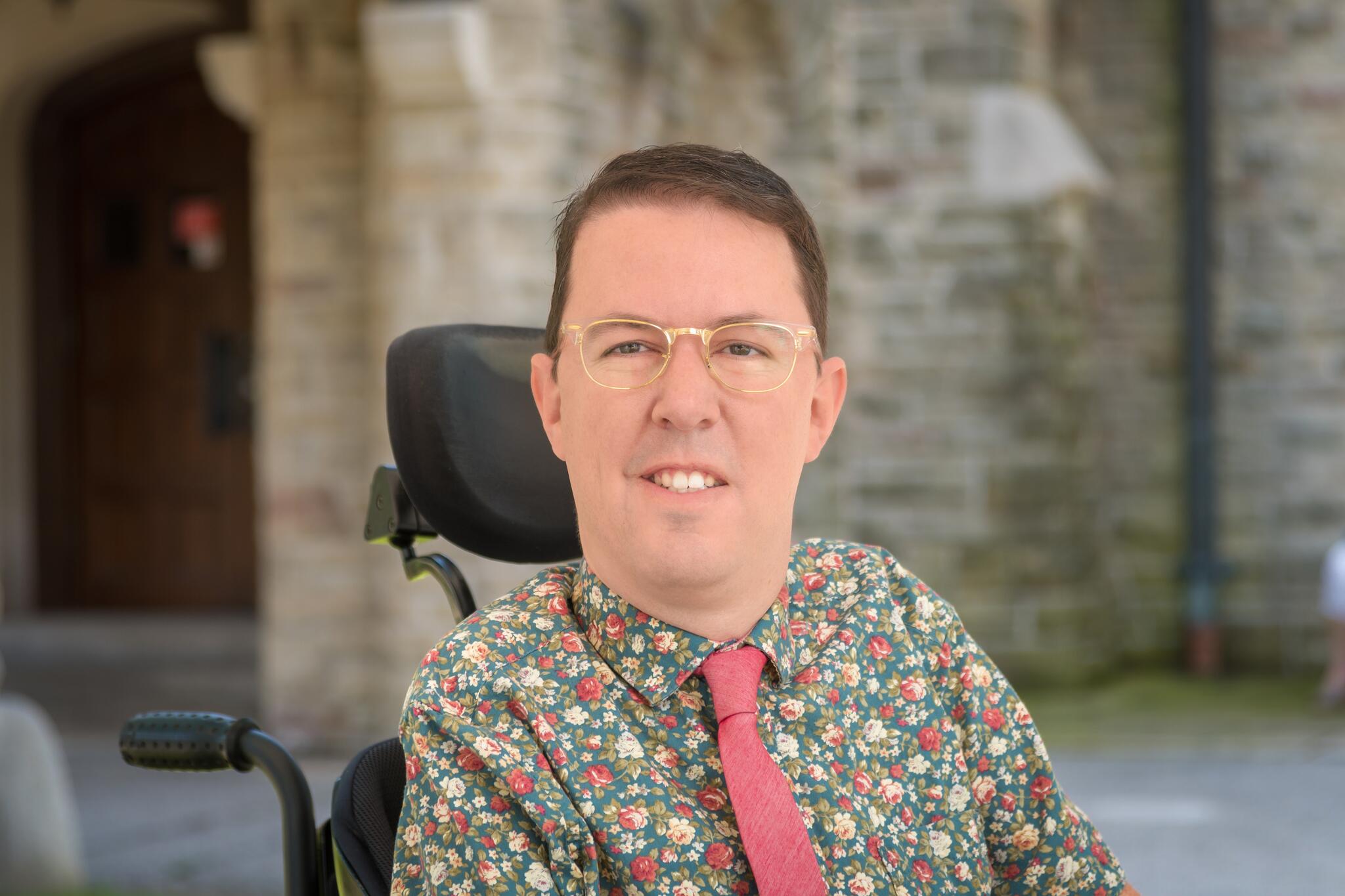 Disability Justice in Higher Education: A Conversation with Jeff Preston
Disability Justice in Higher Education: A Conversation with Jeff Preston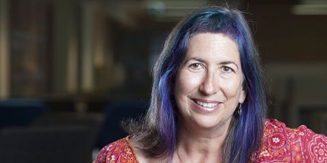 Human Rights and Social Justice in Law: A Conversation with Sharry Aiken
Human Rights and Social Justice in Law: A Conversation with Sharry Aiken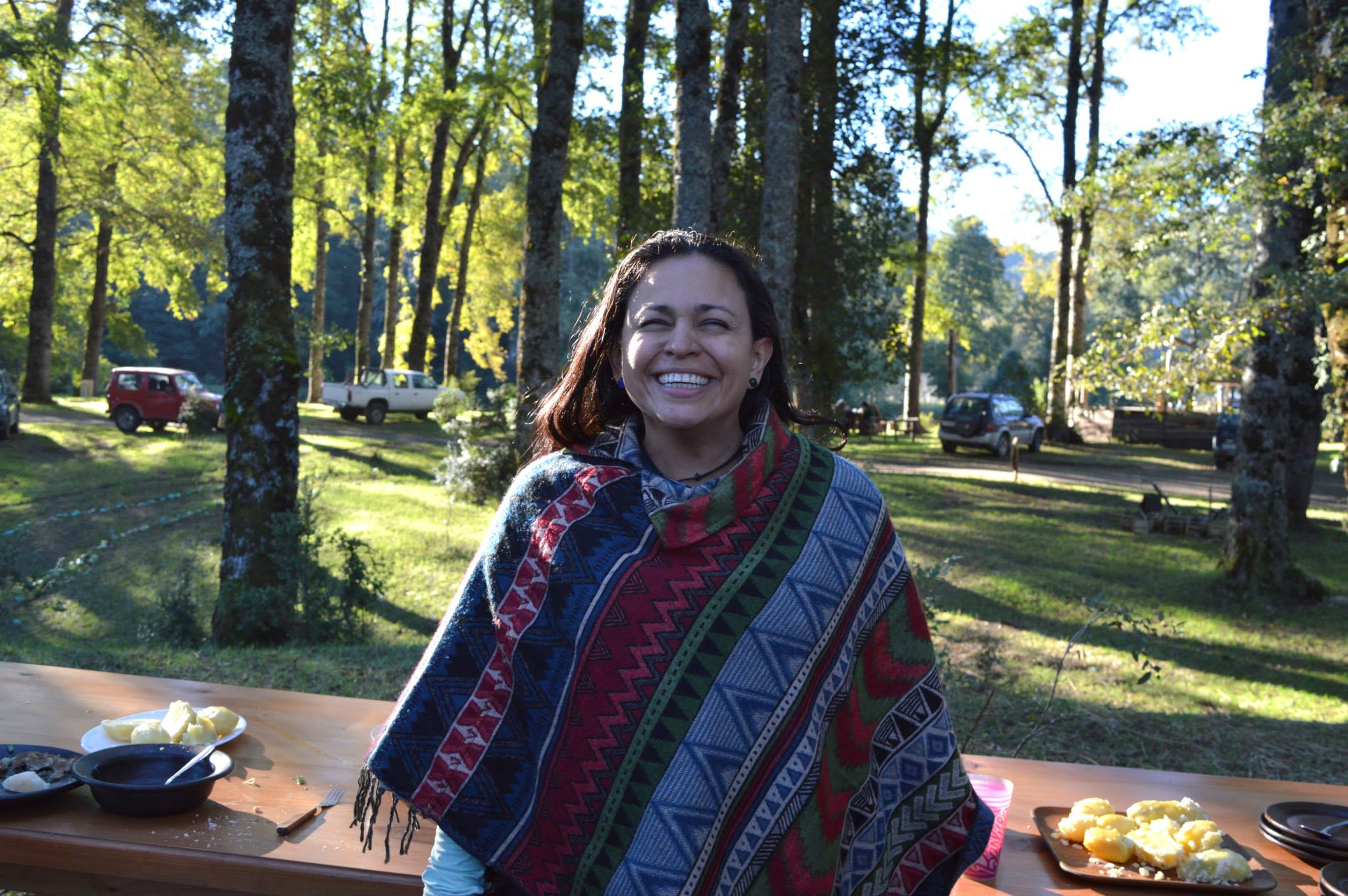 Dr. Clelia Rodriguez: Decolonization in Education and Global Engagement
Dr. Clelia Rodriguez: Decolonization in Education and Global Engagement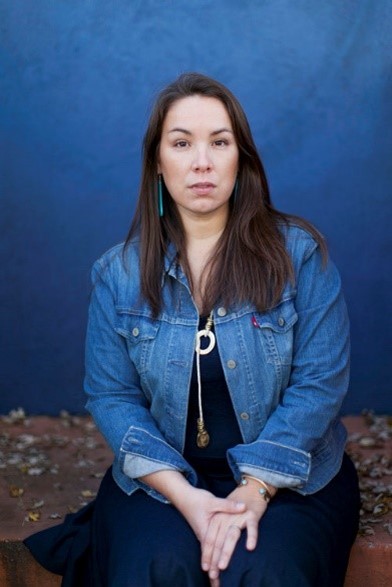 Dr. Eve Tuck: Meaning-Making with Youth and Communities
Dr. Eve Tuck: Meaning-Making with Youth and Communities